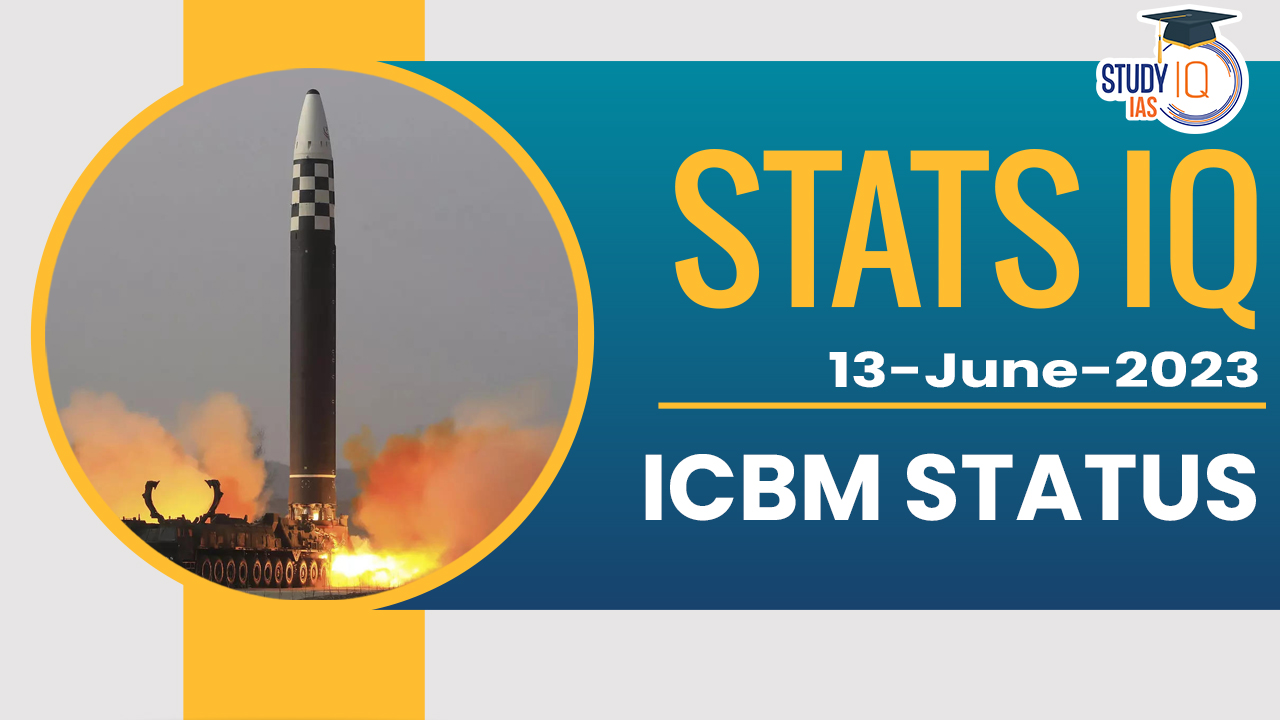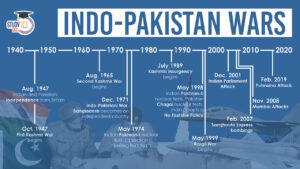Context: The Stockholm International Peace Research Institute (SIPRI) has launched its annual (2023) assessment of the state of armaments, disarmament and international security.
Key findings
| Major Nuclear Armed States |
- The United States, Russia, the United Kingdom, France, China, India, Pakistan, the Democratic People’s Republic of Korea (North Korea) and Israel continue to modernize their nuclear arsenals.
- These 9 countries have also deployed new nuclear-armed or nuclear-capable weapon systems in 2022.
|
| Global Inventory of warheads |
- Total global inventory was 12,512 warheads in January 2023.
- 2000 warheads, belonging to Russia or the USA were kept in a state of high operational alert (they were fitted to missiles or held at airbases hosting nuclear bombers).
|
| Russia and US |
- Russia and the USA together possess almost 90% of all nuclear weapons.
- Transparency regarding nuclear forces declined in US and Russia in the wake of Russia’s invasion of Ukraine in 2022.
|
| China |
- China’s nuclear arsenal increased from 350 warheads in 2022 to 410 in 2023.
- China could have at least as many intercontinental ballistic missiles (ICBMs) as either the USA or Russia by the turn of the decade.
|
| India and Pakistan |
- India and Pakistan appear to be expanding their nuclear arsenals.
- Both countries introduced and continued to develop new types of nuclear delivery system in 2022.
- India’s arsenal grew to 164 warheads in 2023 from 160 in 2022.
- Pakistan’s arsenal grew from 165 to 170.
- Pakistan remains the main focus of India’s nuclear deterrent.
- India appears to be placing growing emphasis on longer-range weapons, including those capable of reaching targets across China.
|
| North Korea |
- North Korea conducted more than 90 tests of missiles in 2022.
- Some of these missiles, which include new ICBMs, can carry nuclear warheads.
|
| Analysis |
- Elevated nuclear competition has dramatically increased the risk that nuclear weapons might be used in anger.
- The five nuclear weapon states recognized by the Nuclear Non-Proliferation Treaty seem negligent about their commitment to disarmament.
- Nuclear arms control and disarmament diplomacy suffered major setbacks following Russia’s invasion of Ukraine in February 2022.
- Iran’s military support to Russia in Ukraine has overshadowed talks on reviving the Joint Comprehensive Plan of Action (JCPOA), the 2015 agreement meant to prevent Iran from developing nuclear weapons.
- The impacts of the war in Ukraine are visible in almost every aspect of the issues connected to armaments, disarmament and international security .
|
Sharing is caring!


 Article 142 of Indian Constitution, Sign...
Article 142 of Indian Constitution, Sign...
 Pakistan-Occupied Kashmir (PoK): History...
Pakistan-Occupied Kashmir (PoK): History...
 List of Indo-Pakistan Wars and Conflicts...
List of Indo-Pakistan Wars and Conflicts...





















